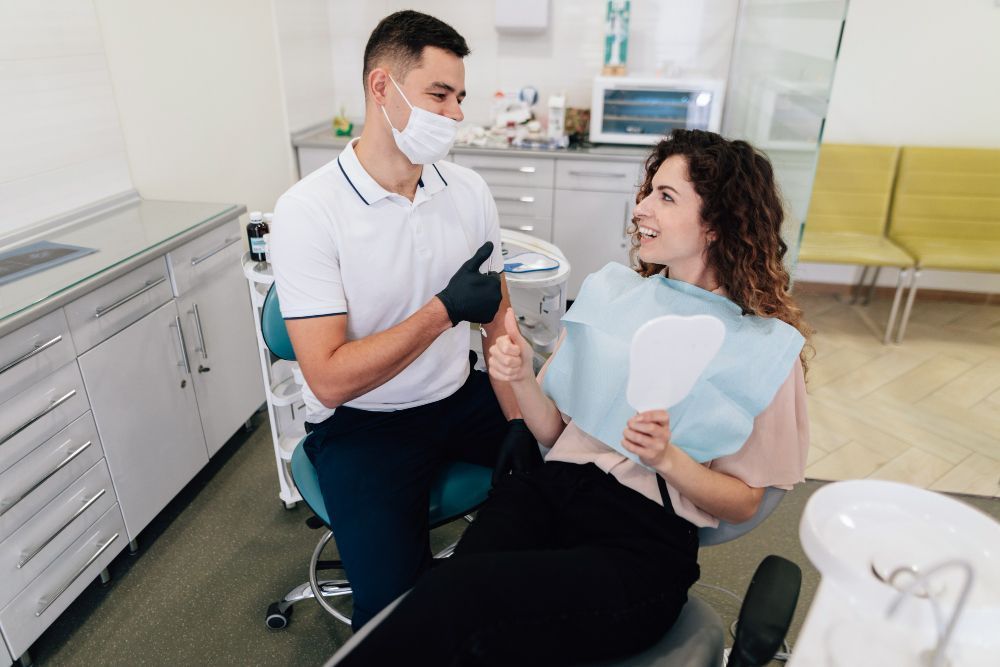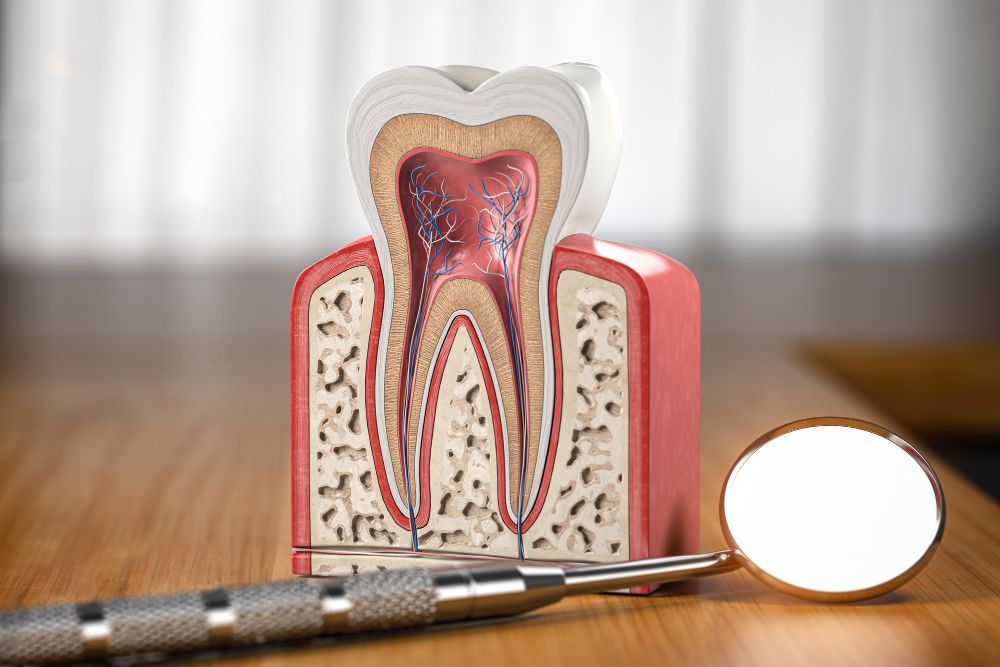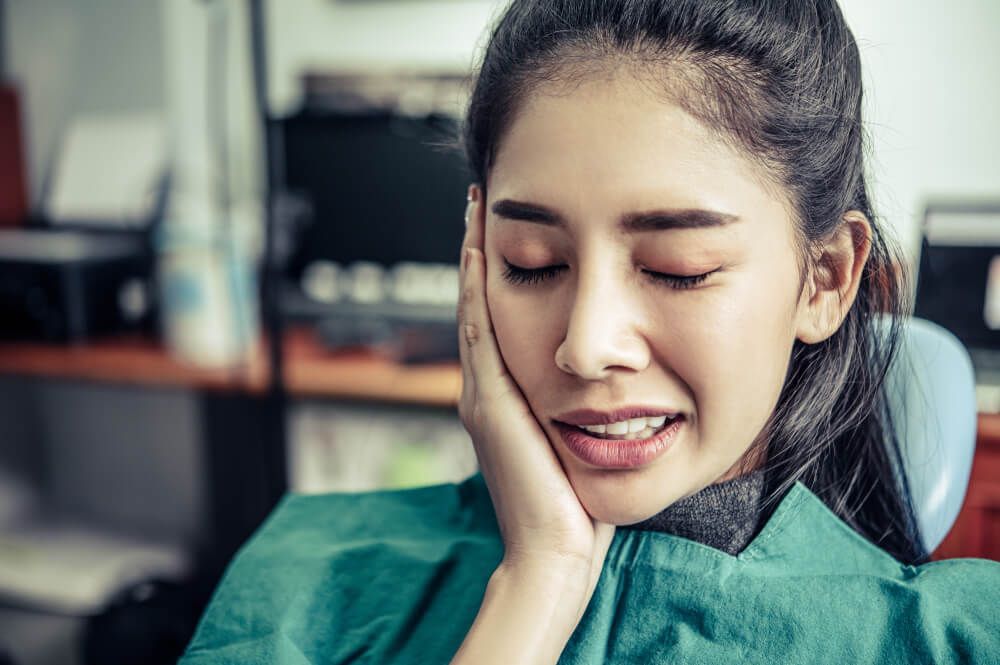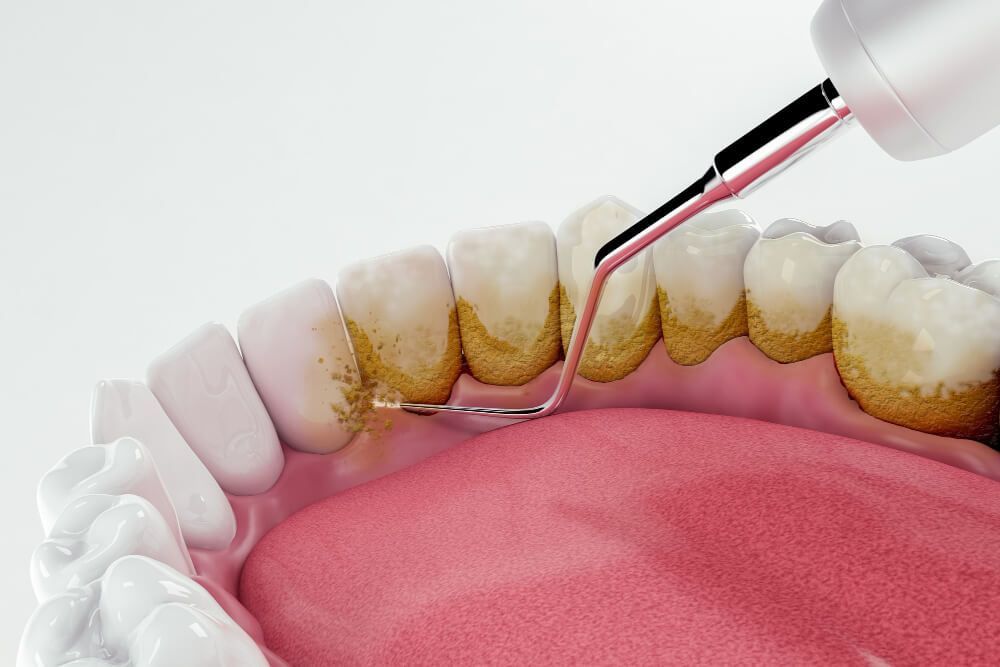Sleep apnea symptoms: 5 tips to get a good night sleep when you have them
Sleep Apnea Symptoms: 5 tips to get a good night sleep when you have them
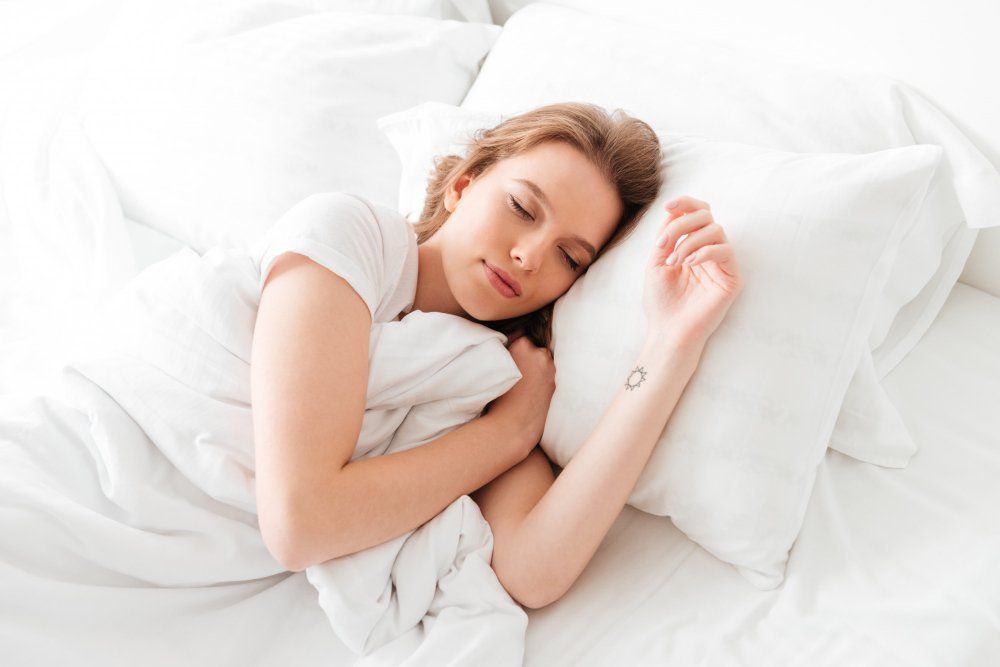
Are you having trouble sleeping at night?
Do you wake up feeling exhausted, even though you feel like you've been in bed for hours?
If so, you may be suffering from sleep apnea.
Sleep apnea is a common sleep disorder that can cause a number of symptoms, including difficulty falling asleep, frequent snoring, and daytime fatigue. Luckily, there are some things you can do to help get a good night's sleep when you have sleep apnea.
Here are 5 recommendations:
1. Change your sleep position
People with sleep apnea often find it difficult to get a good night's sleep. There are a number of things that can contribute to this, but one of the most important is your sleep position. Studies have shown that people with sleep apnea are more likely to snore and have interrupted breathing if they sleep on their back. This is because when you sleep on your back, your tongue and soft palate can collapse into your airway, causing obstructions.
Sleeping on your side can help to prevent this from happening. In addition, elevating your head with pillows can also reduce symptoms of sleep apnea.
2. Avoid alcohol consumption
Alcohol can exacerbate sleep apnea symptoms and make it harder to get to sleep because it relaxes the throat muscles that control your breathing which among other things can lead to excessive snoring and interrupted sleep cycle.
3. Avoid smoking
One of the best things you can do is to avoid smoking. Tobacco smoke irritates the lining of the lungs and throat, making it difficult to breathe.
4. Practice relaxation excersises before bed
Practising relaxation exercises before bed can help to reduce stress and anxiety levels, both of which can contribute to sleep disruptions. Yoga and meditation are great options, since both can also help with increase your oxygen levels and breathing.
5. Use a humidifier
A humidifier adds moisture to the air, which can help keep your nasal passages and throat moist. This can help reduce snoring by preventing irritation and keeping your airway open. Just be sure to clean your humidifier regularly to prevent the growth of mold and bacteria.
There are many things you can do to get a good night sleep and feel more rested during the day. Follow these five tips for starters, and talk to your doctor about other treatment options if needed.
Getting a good night sleep is essential for overall health and well-being, so don’t hesitate to take action today!
